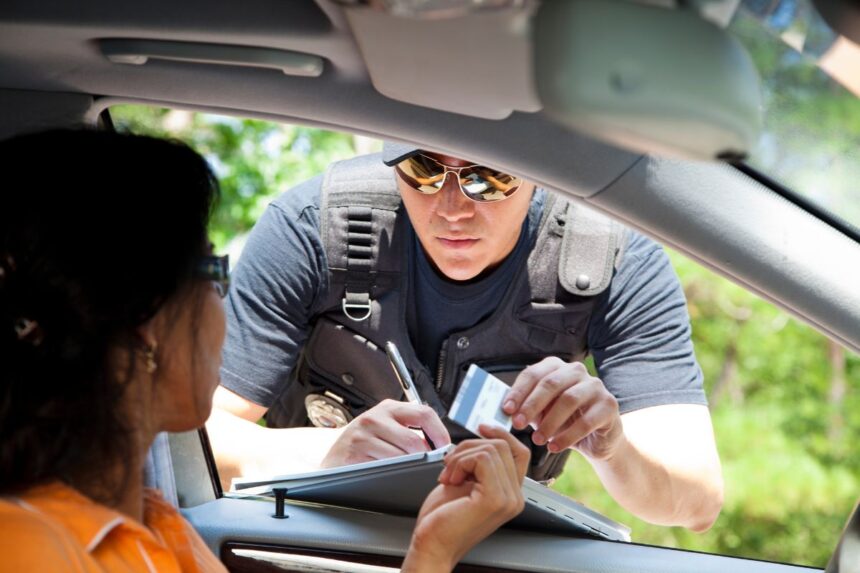A MarketWatch Guides survey found that the average American driver receives at least two speeding tickets in their lives and that over 30% of all drivers say they have been caught in a speed trap. In 2023, speeding was a contributing factor in 29% of all traffic fatalities.
What should you do if you receive a speeding ticket out of state? To address the ticket, either you pay the fine or contest it. Paying the fine may lead to points on your license and increased insurance premiums.
The Non-Resident Violator Compact (NRVC) is an agreement that allows many states to share details about traffic violations. If you don’t pay a ticket in one state, your driver’s license could be taken away in the state where you live.
Prompt action on traffic citations may result in the avoidance of additional penalties and keeping the driving record clean. This article will outline the necessary steps to take if you receive a speeding ticket while traveling in another state.
Understand the Ticket and Its Implications
You need to know what a speeding ticket means if you get one. Expect to pay fines, get points on your record, and pay more for insurance when you get a ticket.
Verify the speed you were going and the speed limit in the area you are driving. If your speed is well within the limits, you can contest the speeding ticket. Document the date and time when you received the speeding ticket. These details can prove relevant later on in your case.
There are different rules for speeding in each state, so learn what yours are. If you don’t pay attention to the ticket, you could face worse situations, like losing your license.
Understanding the implications of having a speeding ticket allows you to make smart decisions on what to do next.
Options for Contesting the Ticket
Check if the speed or date indicated in the ticket is correct. Photographs and witness accounts can help you prove that you weren’t speeding. You can also request a hearing to argue and provide evidence to a judge.
Some states allow attendance at traffic school when it’s necessary to reduce license points instead of fines.
The help of an attorney would go a long way in giving expert advice that is relevant to your particular situation. Analyze the advantages of hiring a lawyer and decide what is better for you.
How to Pay a Speeding Ticket
If you think that paying the fine is your best course of action, the process might be as simple as going online, mailing your payment, or showing up in person.
Read the ticket you receive carefully. States may have different payment procedures.
You may just opt to pay your speeding ticket online via the government website. For this type of payment, you will be required to provide your ticket number and then use your credit card.
You can simply mail your payment along with the ticket and pay by check or money order at the address indicated. If you prefer to go in person to pay, visit the courthouse or traffic department of that area.
Regardless of the method you choose, see to it that you pay before or by the last date to avoid incurring late fees or other penalty charges.
Impact on Your Driving Record
Getting a ticket for speeding can hurt your driving record. The fine is sent to your state’s Department of Motor Vehicles after you pay it.
In some states, points would be put on your record. Getting to a certain number of points may result in an increase in insurance premiums or the loss of your driving privileges.
Knowledge that some state share violations will encourage you to drive more responsibly.
Tips to Avoid Future Tickets While Traveling
Be mindful of your surroundings when driving. Drive at a moderate speed and obey the traffic rules in the area.
Learn the speed limits of the areas you will be visiting. Study the routes in advance and identify potential road hazards during the travel. Use a GPS or navigation app that changes speed limits in real time and lets you know if you go over them.
Prepare to change your speed to adhere to the speed limit. The speed limit may change depending on your location. Use cruise control to avoid having to worry about staying within the speed limit occasionally.
Do not drive fast in places you are unfamiliar with. Prevent unnecessary stress and headaches caused by reckless driving by regularly checking your car’s speed.









